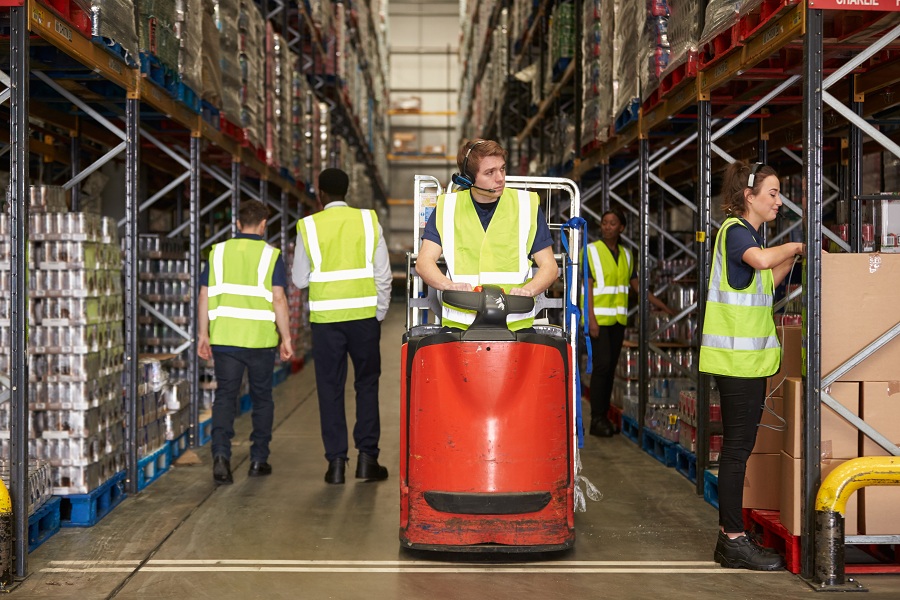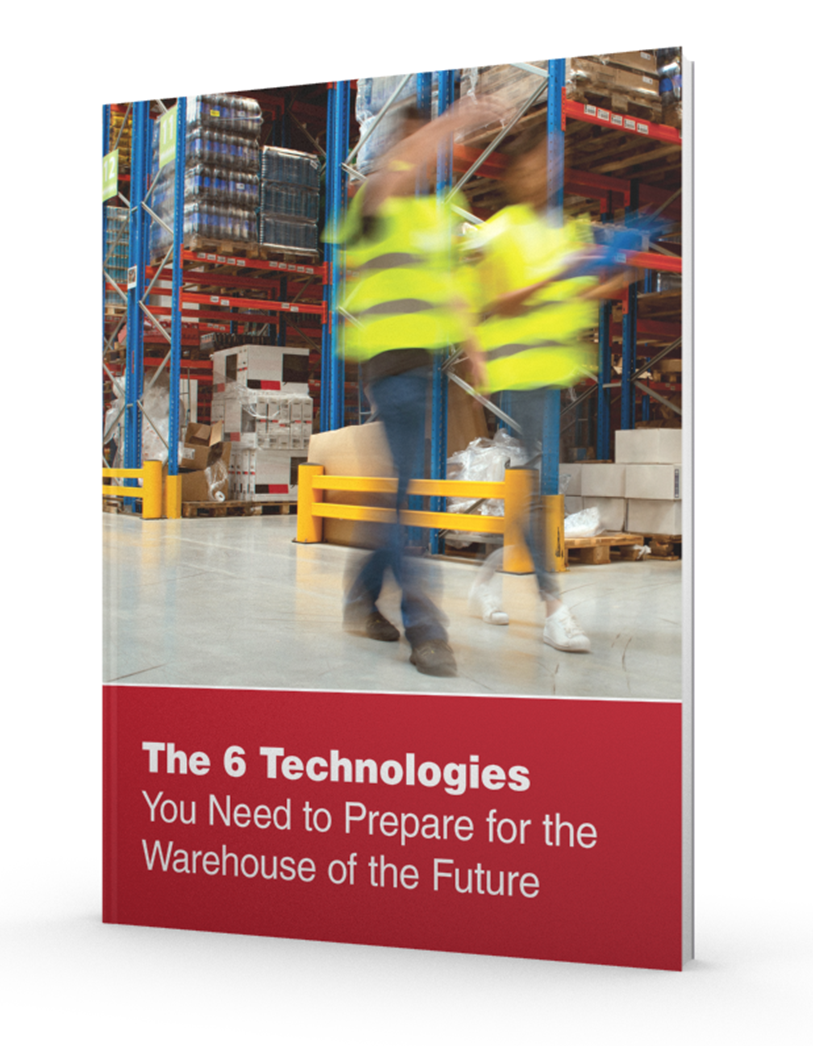Modern handheld barcode scanners offer increased functionality and improved durability, as well as a much greater variety of technology options.
There is a wide range of scanner configurations and technologies available, which can make choosing a barcode scanner a complex undertaking. By matching your application and environment to the technology, you should be able to find the right scanner (or mix of scanners) for your operations.
For example, Honeywell’s Granit series of scanners includes imaging scanners for 2D codes, laser scanners for 1D barcodes, as well as lightweight and highly durable barcode scanners. The rugged Granit 191Xi is available as both a wired or wireless scanner, while the Granit 198Xi has an extended range functionality that allow sit to scan from 6 in. up to 50 feet.
Choosing a barcode scanner requires evaluating a number of different factors:
Barcode Symbologies: If you are only going to scan linear or 1D barcodes (like the UPC code), then you can use a laser scanner. However, if you expect to scan 2D barcodes as well, an imaging scanner is required. An imager can scan both 1D and 2D barcodes, as well as take photographs. Imagers also have fewer moving parts than laser scanners, which can make them more durable.
Read Range/Scan Distance: How close will users be to the barcodes they are scanning? In some applications, like in a warehouse where users will scan distant shelf labels, choosing a barcode scanner with a very long read range is a must. Scanning distance can also be affected by the type of barcode being scanned. More complex symbologies may require a closer read distance.
Scan Speed: For high-volume scanning, look for a scanner with rapid capabilities. There are some scanners that can read as many as 60 to 120 images per second. A scanner that is too slow can eat into your employee productivity.
Indoor or Outdoor Usage: Find out the lighting specifications of the scanners you are considering purchasing. Some scanners can work very well in natural sunlight and in dim lighting conditions, but others do not. If you are working in particularly dark areas, the scanner may need additional illumination to accurately scan a code.
Durability: The scanner should be rugged enough to withstand the environment in which it will be used. In a warehouse, the scanners should be durable enough to withstand multiple drops to the floor. In outdoor environments, they may be exposed to dust, dirt, or moisture. Industrial applications will require resistance to chemicals or oils. Healthcare requires scanners that can be sterilized or cleaned with harsh chemicals. For the harshest environments, choosing a barcode scanner with an IP rating of IP54 or IP65 is recommended.
Battery Life: If your application requires scanning many barcodes over the course of a full shift (which would be the case in a warehouse management solution, for example), you’ll need a handheld scanner with a long battery life. If the battery won’t last a full shift, you’ll erode productivity as employees have to stop to either switch devices, load new batteries, or recharge the scanners.
Size and Ergonomics: When choosing a barcode scanner for mobile applications, ergonomics is also important. If the handheld scanner will be used in high-volume, full-shift applications, the scanner should be ergonomically designed to avoid fatigue and repetitive motion injuries. If the scanner will be carried, used on a vehicle, or used in conjunction with a separate computer, make sure you have the correct holsters or docking equipment for the application.
Connectivity: Ensure that the scanner you select includes the necessarily connectivity options. In a warehouse, you may need Wi-Fi connectivity. Most cordless scanners use Bluetooth to communicate with mobile computers or PCs. For applications where the scanner will always be used with a specific computer, a corded scanner may be appropriate.
Barcode scanners are a critical part of warehouse management, retail, inventory management, supply chain, asset tracking, and other enterprise applications. By choosing a barcode scanner that can meet your operational needs, you can ensure a successful deployment and a solid return on your hardware investment.




